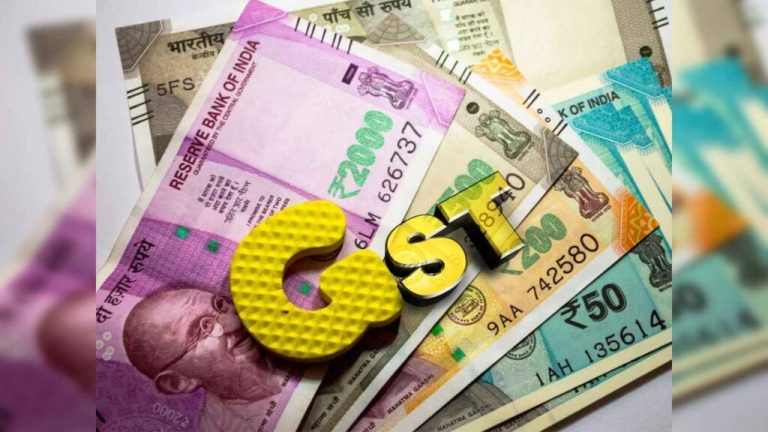What is Mutual fund stress test? Concerns for SEBI as results start coming in | EXPLAINED
So, what exactly is this stress test? Let’s delve into it. Looking back at history, there were certain events in the stock market when it witnessed significant crashes, such as the Lehman Brothers crisis in 2008 or the downturn following the pandemic in 2020. In such situations, investors rush to withdraw their money from the market to minimise their losses. In the case of mutual funds, when investors opt for redemption, the fund must have sufficient liquidity. A stress test is a method to check how quickly these funds can liquidate their portfolios in extraordinary circumstances.
Why is SEBI conducting stress tests?
There’s no need to panic. This isn’t a time akin to the Lehman Brothers crisis or the COVID-19 pandemic. SEBI has decided to conduct stress tests to assess its preparedness to deal with adverse situations. SEBI believes that the valuation in the small and mid-cap segments is quite high. In such a scenario, if there’s a significant downturn, investors tend to withdraw money from mutual funds. Now, SEBI wants to understand how capable small and mid-cap funds are in dealing with such situations. For this purpose, SEBI has directed all fund houses to conduct stress tests.
Results begin to emerge
Mutual fund houses have started releasing their SEBI stress test reports. These reports indicate the time required to liquidate 50% and 25% of their mid- and small-cap scheme portfolios. The top small-cap fund managers in the country have stated that it will take them between 6 and 30 days to liquidate 25% of their portfolios. Similarly, liquidating 50% of the portfolio will take anywhere between 12 and 60 days.
How long will it take for SBI mutual funds?
SBI Mutual Funds has also released its stress test report. It will take 60 days to liquidate 50% of its small-cap fund portfolio, while 30 days will be required to liquidate 25% of the portfolio. Additionally, SBI Midcap Fund will take 24 days to liquidate half of its portfolio, and 12 days to liquidate 25% of the portfolio. Nippon India Small Cap Fund, the largest scheme in the small-cap category, will take 27 days to liquidate half of its portfolio. Conversely, Quantum Small Cap Fund can liquidate its entire 100% portfolio in one day.
TCS offers Rs 40,000 incentives for rapid hiring, requires 6-month continuity






